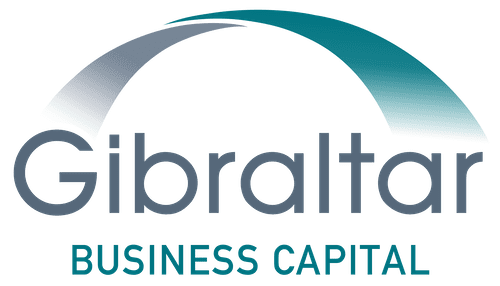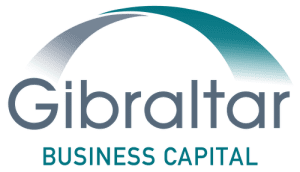Our CEO, Scott Winicour, recently participated in a Turnaround Bootcamp panel webinar. The discussion revolved around the visible signals of company distress and the strategies turnaround professionals do — and do not — advocate for recovery. Answering questions on these topics and more were professionals from the turnaround and credit industries. Here is a summary of our key take-aways from the discussion:
Businesses should always seek support before true distress occurs.
It’s unwise to hide from issues because delays can exacerbate problems. In addition, companies may be giving away concessions that are unnecessary because they haven’t called in professional advisors in time.
Businesses can get in front of challenges by utilizing all their available resources.
Scott Winicour, Gibraltar’s CEO, advised, “…start talking to the resources that you have available to you, whether that be your lender, your attorney, your turnaround consultant, your private equity owner, your accountant.”
Times are difficult, but there are still strategies that can support growth.
Growth during the pandemic has been tricky, but effective lending has supported many businesses. Read our latest case studies on how we’ve supported various businesses through pandemic-related challenges and even helped some companies expand their production capabilities to capture unique opportunities.
Cash flow forecasting is critical — for companies, lenders and turnaround specialists.
A common tool used by many industry professionals in helping companies manage through challenges is a 13-week cash flow model. Modeling for the future can give a company time to react productively to today’s challenges. Thorough financial data will also help a turnaround specialist decide if a company is having a short-term financial challenge or is more distressed than anticipated and what turnaround tactics are required.
Diversifying a company’s client base can boost revenue.
Scott Winicour recounted an experience with a company that had a single client providing 60% of their revenue, adding, “You’re almost owned by that client and they can dictate terms and conditions…” Any type of concentration can leave a company at risk during down cycles.
Some common responses to financial difficulties can accelerate failure.
Although cost-cutting might seem like the obvious way to reduce exposure, many companies cut in necessary growth areas such as sales or price. Not only do some of these decisions hamper potential growth, but they may also send the wrong signals to the market.
Responsible lenders look carefully at the cause of financial distress.
Whether it’s sales-related or cash-flow related, experienced institutions like Gibraltar Business Capital have seen every situation and know how to provide solutions to a range of challenges.
Asset-based lending facilities go beyond what a bank can offer in terms of being flexible and nimble enough to deal with even the most complex of financial challenges. Speak to Gibraltar today about how your company’s valuable assets could be the key to new growth and opportunity.

